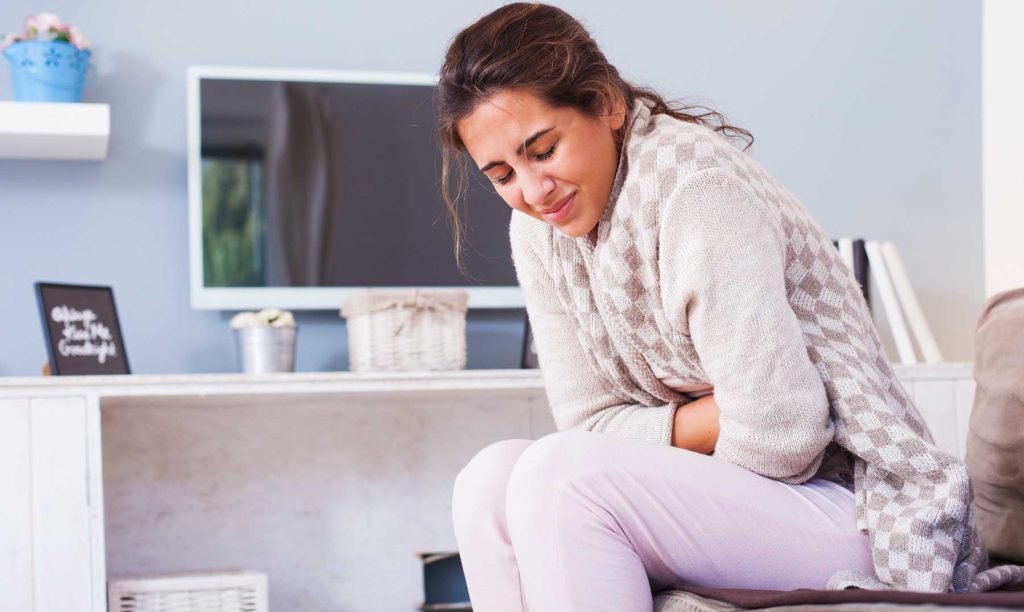24.07.2021 – 07:44
Some people who have had their gallbladder removed – a procedure known as a cholecystectomy – find themselves dealing with persistent digestive problems. Typically, these symptoms include abdominal pain or an urgent need to go to the bathroom after eating
Life with and without the gallbladder.
It is not a problem to live without the gallbladder, which is one of the reasons that gallbladder removal is usually the recommended treatment for gallbladder problems. The main task of the bladder is to store bile (a substance needed for the digestion of fats) and to secrete bile fluid into the small intestine in response to ingestion of fat-containing foods.
Without the gallbladder, the liver continues to produce bile, but instead of being sent to the gallbladder for storage, the fluid passes into the small intestine.
Complications of gallbladder removal
Most of the time, the body adapts to the loss of the gallbladder. However, there are some potential problems that people may experience after gallbladder removal.
* Diarrhea postcholecystectomy
Approximately 25% of people who have had their gallbladder removed will experience recurrent problems with diarrhea, a condition known as postcholecystectomy diarrhea.
This problem results from the fact that without the gallbladder, there is nothing to regulate the amount of fluid that passes into the small intestine. The highest amount of this fluid can create stools that are watery and more frequent. Fortunately, for most of these individuals, this problem will resolve itself slowly over time.
* Oddi sphincter dysfunction
If you are experiencing persistent abdominal pain after removal of the gallbladder, you can talk to your doctor about a possible Oddi sphincter (SO) problem.
The Oddi sphincter is a valve located inside the small intestine that regulates the flow of bile and pancreas. A very small number of people may experience Oddi sphincter dysfunction (SOD), a functional gastrointestinal disorder (FGD). In SOD, the sphincter does not open properly, preventing bile and pancreas from entering the small intestine.
SOD is characterized by pain in the central and upper right regions of the abdomen that lasts at least 30 minutes and spreads to the back or shoulder.
This type of pain usually occurs shortly after eating. Some people report nausea and vomiting. The symptoms of SOD pain are thought to be the result of excessive accumulation of fluid in the ducts.
SOD is most commonly seen in post-cholecystectomy patients or those with pancreatitis. It is difficult to estimate the current prevalence of SOD after gallbladder removal as studies report prevalence ranging from only 3% to 40%. SOD can be treated with medication or a procedure known as endoscopic retrograde cholangiopancreatography (ERCP)
* IBS after removal of the gallbladder
Although, anecdotally, many people with IBS report that their problem started after gallbladder removal, there is not much clinical research on the subject. However, researchers have begun to look at a condition called bile acid malabsorption (BAM) and its association with chronic diarrhea difficulties.
People who have had their gallbladder removed may be at risk for BAM, a condition in which there is a malfunction with the way bile acids are processed within the body. Research on this topic is still scarce, so it is best to work with your doctor to diagnose and resolve this issue.
An accurate diagnosis is necessary so that you can get the right treatment plan. In some cases, persistent diarrhea after gallbladder removal can be helped by a class of medicines known as bile acid-binding agents (“bile acid sequestrants”), including:
Questran (cholestyramine)
CelChol (hello)
Cholesterol (cholesterol)
The use of these drugs is currently not recommended for irritable bowel syndrome (IBS-D), citing a lack of studies. But, experts understand that these medicines can be useful in some cases, advising that their use be left to the care of the doctor.
Probiotics can help healthy gut bacteria maintain proper levels and aid digestion. Some studies also note that probiotics can help lower cholesterol, which is beneficial for people who no longer have a gallbladder.




